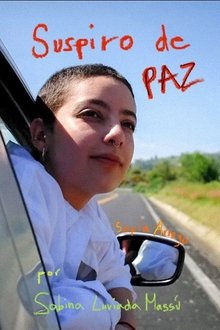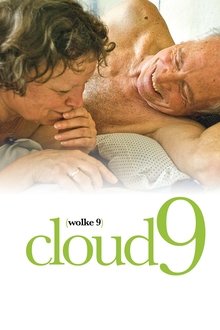Related Movies

Seven Angels (NaN)
An invitation to enter the soul of an artist - director Erick Ifergan - through a highly personal retelling of the Orpheus tale suffused with Ifergan's striking paintings, sculpture and conceptual photography.
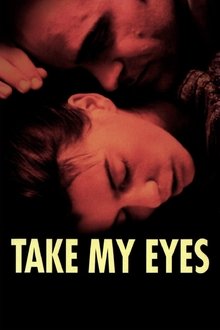
Take My Eyes (2003)
One winter night, Pilar runs away from home. With her, she takes only a few belongings and her son, Juan. Antonio soon sets out to look for her. He says Pilar is his sunshine, and what's more, "She gave him her eyes"...
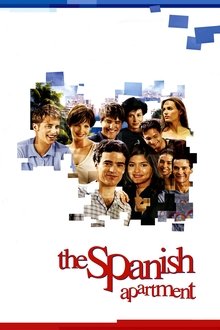
The Spanish Apartment (2002)
A strait-laced French student moves into an apartment in Barcelona with a cast of six other characters from all over Europe. Together, they speak the international language of love and friendship.
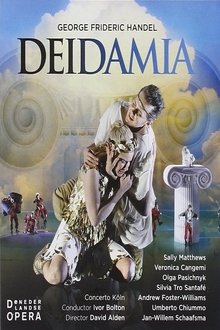
Deidamia (2012)
Here is a rare and exceptional example in which the director and costume designer amuse themselves with `silly' costumes, but it actually works. I usually loath the stupid concept of 'clever' producers' of dressing opera singers in an motley set of `modern' and bizarre costumes (mostly tasteless) to help the `stupid' spectators to understand the universality of the opera across time and place. However, in this particular production I enjoyed every moment of it. All my reservations withstanding, I found that the costumes have actually helped highlight the `buffa' aspects of this supposedly `siria' opera. This work may not be among Handel's greatest masterpieces, but the way it is presented and sung here makes it a thorough pleasure for the senses.

Farinelli (1994)
The life and career of Italian opera singer Farinelli, considered one of the greatest castrato singers of all time.
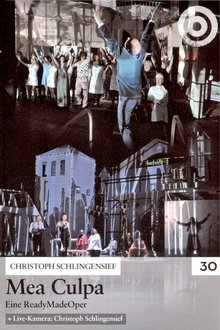
Mea Culpa – A ReadyMadeOpera (2009)
In Mea Culpa, Christoph Schlingensief blurs a delicate line: he ignores the threshold that separates the healthy from the sick. By making his cancer the subject of an opera, premiering on the largest German-speaking theater, he is putting the art district under pressure: a wonderful institution like the Burgtheater must use its artistic resources lavishly to reveal the entire "truth" about us humans. At the end of the day, when the scenery on Janina Audick's revolving stage has finally come to rest, when Isolde's last Liebestad has been sung enchantingly beautifully by Elfriede Rezabek and indescribable jubilation breaks out, then Schlingensief is completely alone with his illness.
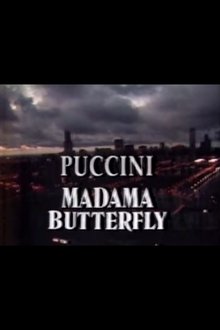
Puccini: Madama Butterfly (1989)
The Lyric Opera of Chicago's 1985 production of Puccini's opera, set in the late nineteenth century in the city of Nagasaki, about a young Japanese woman who weds an American naval officer who later abandons her and the child she bore him.
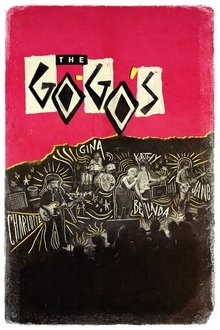
The Go-Go's (2021)
As the first all-female band to play their instruments, write their songs and have a No. 1 album, The Go-Go’s made history. Underpinned by candid testimonies, this film chronicles the meteoric rise to fame of a band born in the LA punk scene who became a pop phenomenon.
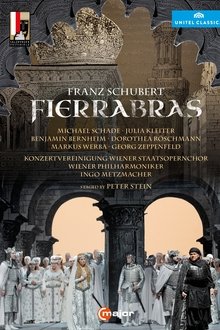
Fierrabras (2015)
Fierrabras of 1823 is the last of Franz Schubert’s stage works. Rarely performed to this day, this heroic-romantic opera has now been staged for the first time ever at the Salzburg Festival by famous director Peter Stein. Based on an old French 12th-century epic, the plot depicts the military conflict between Christians and Moors at the time of Charlemagne – as a backdrop to stories of love and friendship that prove to be stronger than war and hatred of otherness. The strong cast includes the “marvellously expressive miracle Dorothea Röschmann” (Die Zeit) and “Michael Schade, who exudes his exceptional tenor in Fierrabras’s heroic arias” (Der neue Merker). Under the energetic baton of lngo Metzmacher, the Vienna Philharmonic unfold “the melos, the poetry, the sweetness and the dramatic force of Schubert’s highly refined and atmospheric sound worlds” (Kleine Zeitung) in highly romantic fashion.
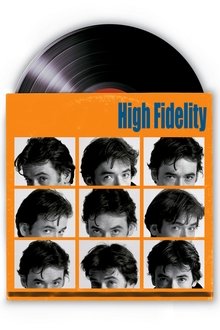
High Fidelity (2000)
After his long-time girlfriend dumps him, a thirty-year-old record store owner seeks to understand why he is unlucky in love while recounting his "top five breakups of all time".
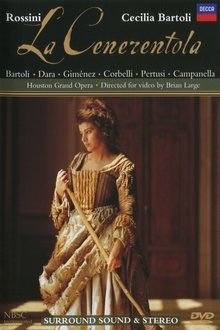
Rossini: La Cenerentola (2001)
La Cenerentola, ossia La bontà in trionfo (Cinderella, or Goodness Triumphant) is an operatic dramma giocoso in two acts by Gioachino Rossini. The libretto was written by Jacopo Ferretti, based on the fairy tale Cendrillon by Charles Perrault. The opera was first performed in Rome's Teatro Valle on 25 January 1817.---- IMDB id refers to Great Performances: Season 24, Episode 12 La Cenerentola (3 Apr. 1996) from Houston Grand Opera so release date is misleading.
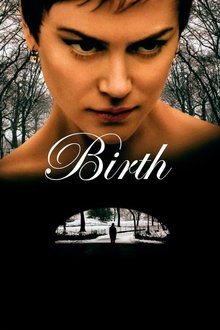
Birth (2004)
It took Anna 10 years to recover from the death of her husband, Sean, but now she's on the verge of marrying her boyfriend, Joseph, and finally moving on. However, on the night of her engagement party, a young boy named Sean turns up, saying he is her dead husband reincarnated. At first she ignores the child, but his knowledge of her former husband's life is uncanny, leading her to believe that he might be telling the truth.

No Tomorrow (2022)
Based on a true story, this film is an inspirational look at how heartbreak can change a person's life in an instant, and the obstacles that person must overcome to move on and get through the inevitable pain of a break-up to become a stronger person.
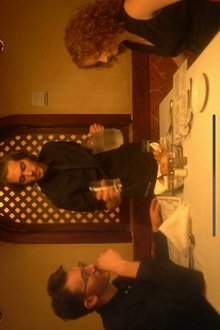
Our Last Date (2025)
A not-so couple/it's complicated/situationship, go out on one last date before amicably calling it quits. They talk a lot about everything but how they really feel, leading to awkward conversations and long silences. Will they or won't they, watch to find out!
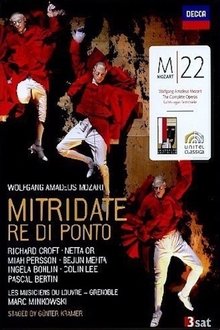
Mitridate Re Di Ponto (2006)
The definitive version of this rare opera by Wolfgang Amadeus Mozart. The costume and set design is truly visionary and other worldly and gives a convincing insight into what staged operas must have looked like during the Baroque and Rococo period. Singers are all excellent and well cast in their respective roles. One of the most thrilling things I have seen, just wish I could see this live.
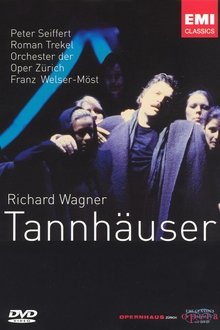
Richard Wagner: Tannhäuser (2004)
Witness the Zurich Opera's stunning production of Richard Wagner's masterpiece "Tannhauser," conducted by Franz Welser-Most and featuring Peter Sieffert (Tannhauser), Solveig Kringelborn (Elisabeth) and Roman Trekel (von Eschenbach). Initially produced in Dresden in 1845, "Tannhauser" instilled a sense of wonder in a few of Strauss's ardent friends and admirers, among them Robert Schumann and Franz Liszt. Opera buffs will love it.

Figaros Hochzeit (1949)
Shortly after WWII, the DEFA Studios produced a series of operas and operettas which belonged to the classical German musical heritage. This enchanting film, the very first opera production of DEFA, stands out because of its lavish decor and costumes, its outstanding actors and their masterful voices of that time.
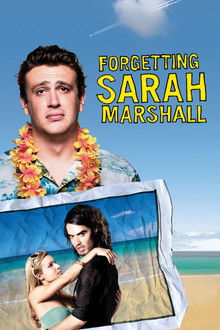
Forgetting Sarah Marshall (2008)
When actress Sarah Marshall dumps aspiring musician Peter Bretter for rock star Aldous Snow, Peter's world comes crashing down. His best friend Brian suggests that Peter should get away from everything and to fly off to Hawaii to escape all his problems. After arriving in Hawaii and meeting the beautiful receptionist Rachel Jansen, Peter is shocked to see not only Aldous in Hawaii, but also Sarah.
